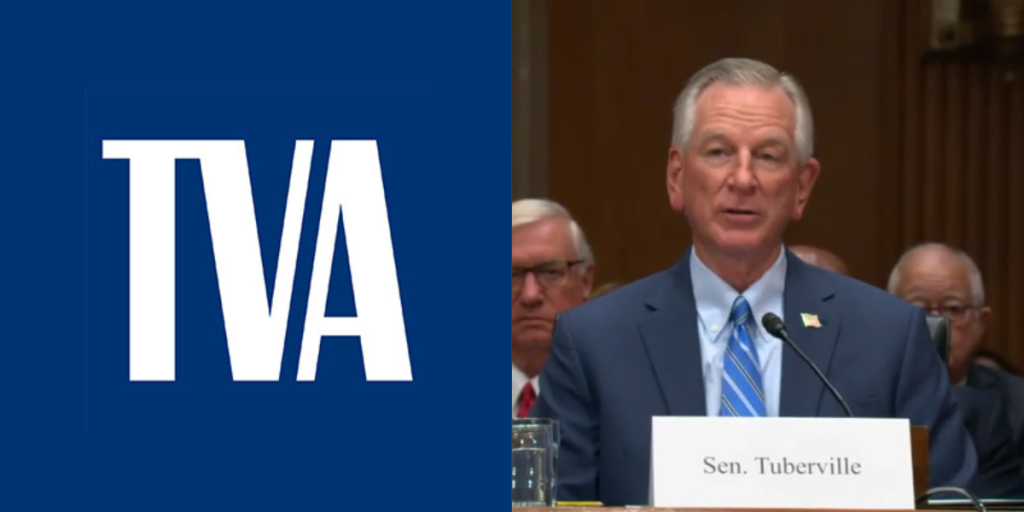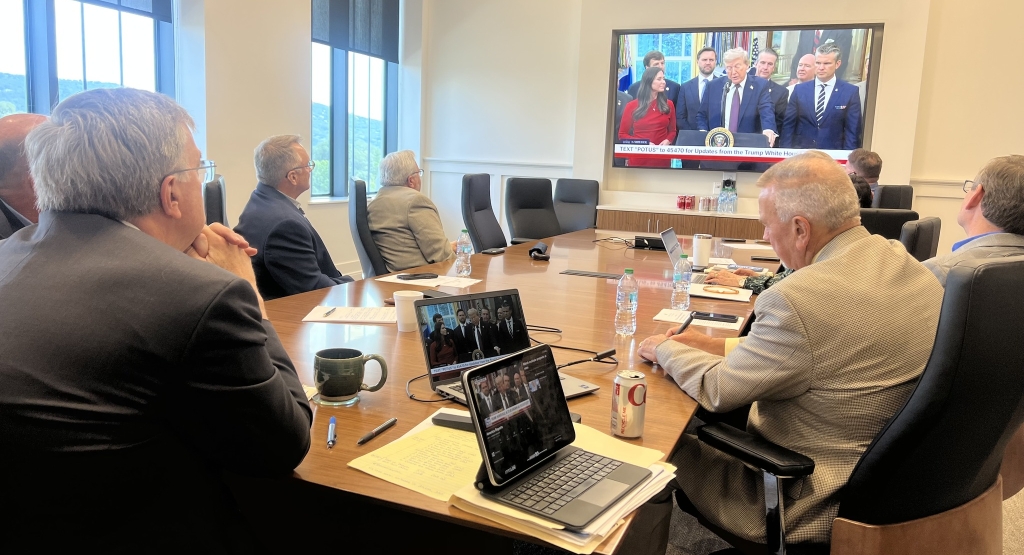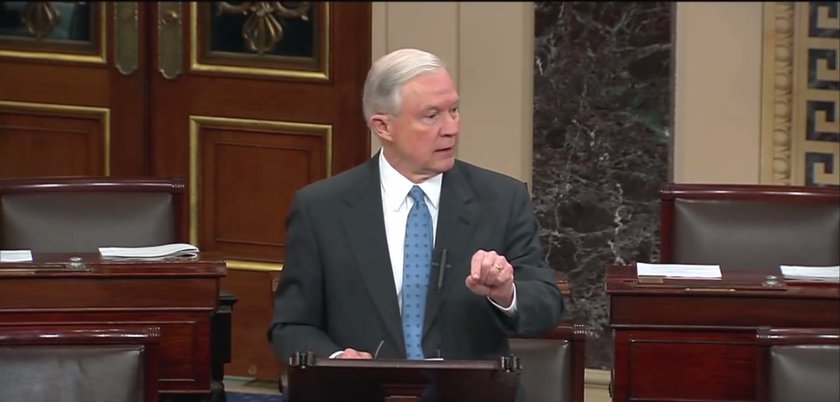
A machinist labor union is not happy that Alabama has lured away 300 jobs from a St. Louis facility.
Last week, the International Association of Machinists & Aerospace Workers (IAM) blasted GKN Aerospace for announcing that it would lay off workers to relocate jobs to Tallahassee, Alabama. The union blamed the Yellowhammer State’s right-to-work status for the company’s decision.
“In true corporate fashion, GKN has decided to turn its back on middle-class workers in an attempt to turn a few extra bucks on the backs of other workers who don’t have a union and a means to demand fair wages and a safe work environment,” IAM representative Stephen McDerman said in a statement. “When you ask who is destroying American manufacturing? It’s companies like GKN and the likes, whose collective actions are impoverishing our entire country as we speak.”
While the union remains bitter about the decision, it’s not the first time that Alabama has gained new economic development opportunities thanks to the state’s labor policy. Airbus is a prominent example; since relocating to Mobile, the company has created thousands of jobs. Likewise, gun manufacturer Remington has pointed to Alabama’s protective laws as a reason for bringing 2,000 jobs to the Huntsville area.
Next week, voters will have the opportunity to solidify the state’s union laws by voting on Constitutional Amendment 8. If approved by voters, the amendment would ensure that Alabama’s right-to-work status would be protecting from political interference in the future.
Watch for this language on the ballot:
-
“Proposing an amendment to the Constitution of Alabama of 1901, to declare that it is the public policy of Alabama that the right of persons to work may not be denied or abridged on account of membership or nonmembership in a labor union or labor organization; to prohibit an agreement to deny the right to work, or place conditions on prospective employment, on account of membership or nonmembership in a labor union or labor organization; to prohibit an employer from requiring its employees to abstain from union membership as a condition of employment; and to provide that an employer may not require a person, as a condition of employment or continuation of employment, to pay dues, fees, or other charges of any kind to any labor union or labor organization.”












